
Populism: An Adjective or a Noun?
Is Populism a descriptor for someone else’s class politics, an adjective, or is it a noun, a political alternative in and for itself?
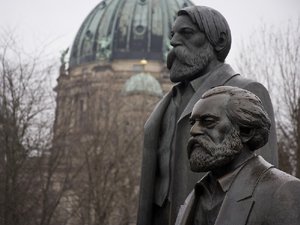
Engaging the Communist Manifesto
The Communist Manifesto is the founding statement of the revolutionary socialist tradition. In it, Engels and Marx set out a political method that emphasizes capitalism's dynamism and volatility; the need to relate to the exploited and oppressed in the struggle for socialism; to differentiate revolutionary socialists from other political alternatives; and to inspire a struggle for a socially just and fully democratic world. In the following essay, we examine how Marx and Engels saw the evolution of the Manifesto and its various uses in the struggle against capitalism in the last 160 years.
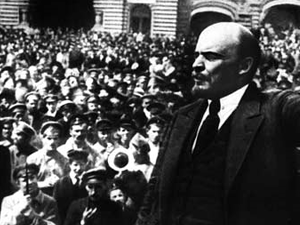
How Lenin developed his theory of the revolutionary party
The delegates were gripped with immense enthusiasm at the birth of the first workers’ republic in the history of humanity. In the words of American journalist John Reed: “by common impulse we found ourselves on our feet, mumbling together into the smooth unison of the Internationale.” Arise ye workers from your slumbers! Arise ye prisoners of want!

Towards a Class Struggle Anthropology
For Marx social class is at the centre of understanding and organizing social change. As interpreted by Lenin, the working class, organized by its politically advanced vanguard, constituted the path toward emancipation and the realization of human potential. Rosa Luxemburg emphasized—among other things—the critical power of the combined force of the working class, engaged in a general strike, in overthrowing capitalism.
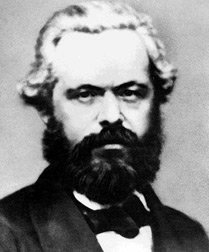
Capitalism and Alienation
It’s not often that the ideas of Karl Marx are discussed in the prestigious pages of the British Journal of Dermatology, but an article published there in January 2008 attempted to throw light not just on Marx’s state of physical health, but also on its supposed consequences for his entire worldview.
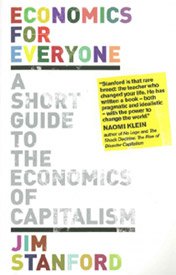
Economics for Everyone: How to Talk About Capitalism
Economics for Everyone – A Short Guide to the Economics of Capitalism, by Jim Stanford, Fernwood Publishing & Canadian Centre for Policy Alternatives.

Building the Party – Canada’s Revolutionary Socialist Tradition
In Canada’s left culture today, it can be hard to imagine that revolutionary socialists were the dominant tradition on the left before World War One, among the leadership in the transition to industrial unionism by the 1940s (the force driving the creation of a Canadian welfare state), and an organized force of thousands in the 1960s and 1970s influencing a wide spectrum of struggles.
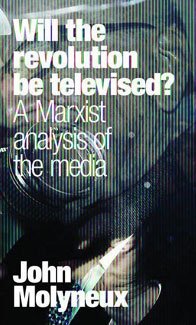
Will the Revolution Be Televised?: A Marxist Analysis of the Media by John Molyneux (review)
Molyneux believes there is a reality – a reality of exploitation and working class oppression – but he argues the futility of trying to combat the media on its own terms (a lesson that could have saved Ontario teachers a lot of money).

Toward the United Front: Proceedings of the Fourth Congress of the Communist International, 1922
John Riddell here begins bringing to a close an epic project of over ten years duration – the publication in English of the entire proceedings of the Third International, or Comintern, in Lenin’s time.
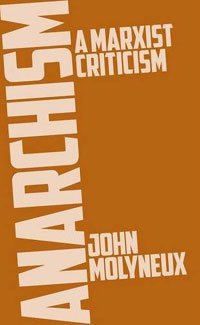
Anarchism: A Marxist Criticism by John Molyneux
It may be premature to declare capitalism in “crisis” while it remains firmly in control of virtually all levers of power in states around the world, but with popular revolts against the neo-liberal agenda springing up everywhere from Chile to Europe to Wall Street to Quebec, we may be seeing the rupturing of the passive, consensual relationship that bourgeois democracies have taken for granted between capitalism and the beleaguered populations who are its victims.
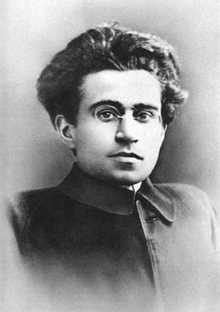
Gramsci: Revolutionary Activist
One of the leading Marxist activists in the classical revolutionary socialist tradition is Antonio Gramsci, an Italian socialist militant who saw the revolutionary potential in Italy’s post-World War One strikes; who became the leader of the Italian Communist Party in the 1920s; and who, as a prisoner of Mussolini’s fascist regime, reflected on these experience to ask how a revolutionary socialist party can build ‘hegemony’ or moral authority to win over a majority of workers to transformational change.
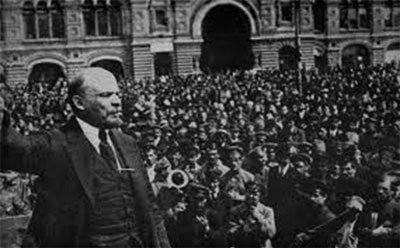
Rediscovering Lenin
Lenin led a successful workers’ revolution, but are his ideas about organization still relevant today?
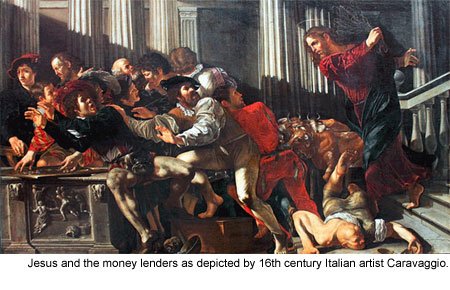
The contradictions of Christianity
Christianity originated as a religion of the persecuted and oppressed. But for most of its history, the church sided with the rich and powerful (and has been among their ranks) and turned a blind eye to poverty and oppression, writes Diane Fieldes.
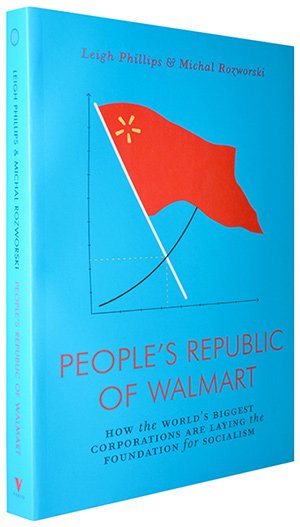
Is a Planned Economy Possible?
Phillips and Rozworski argue – and demonstrate in The People's Republic of Walmart – that economic life can be organized to meet needs rather than profit by planning through a democratic socialist state.
